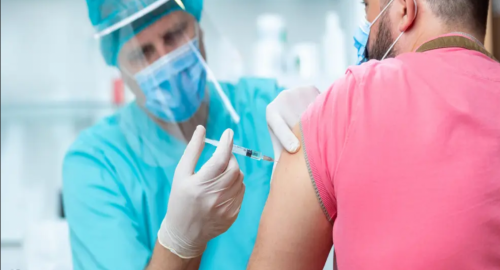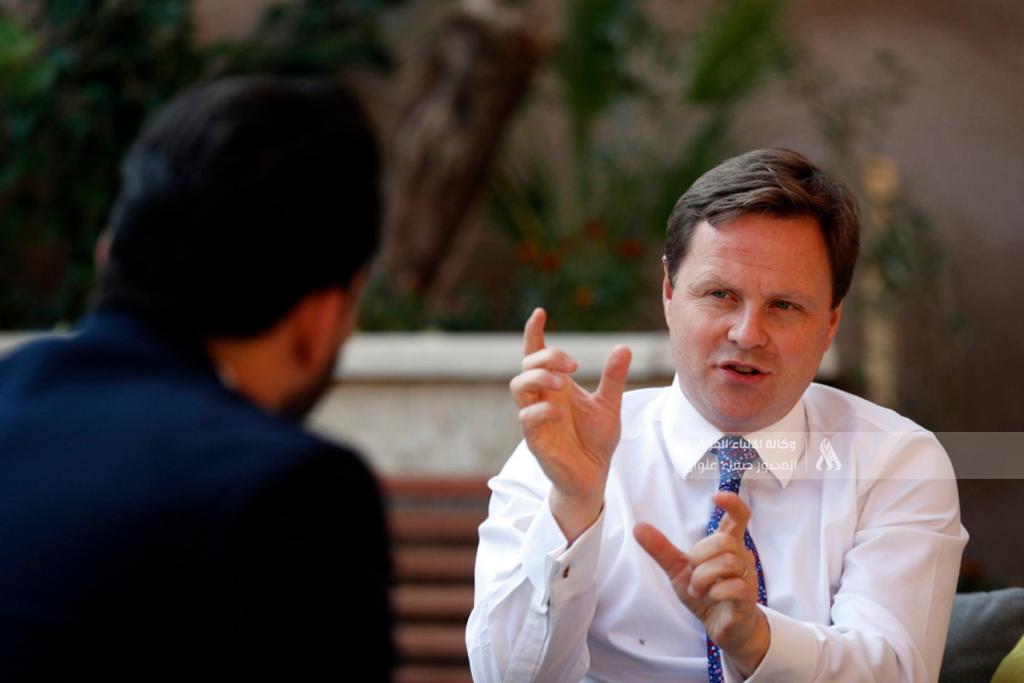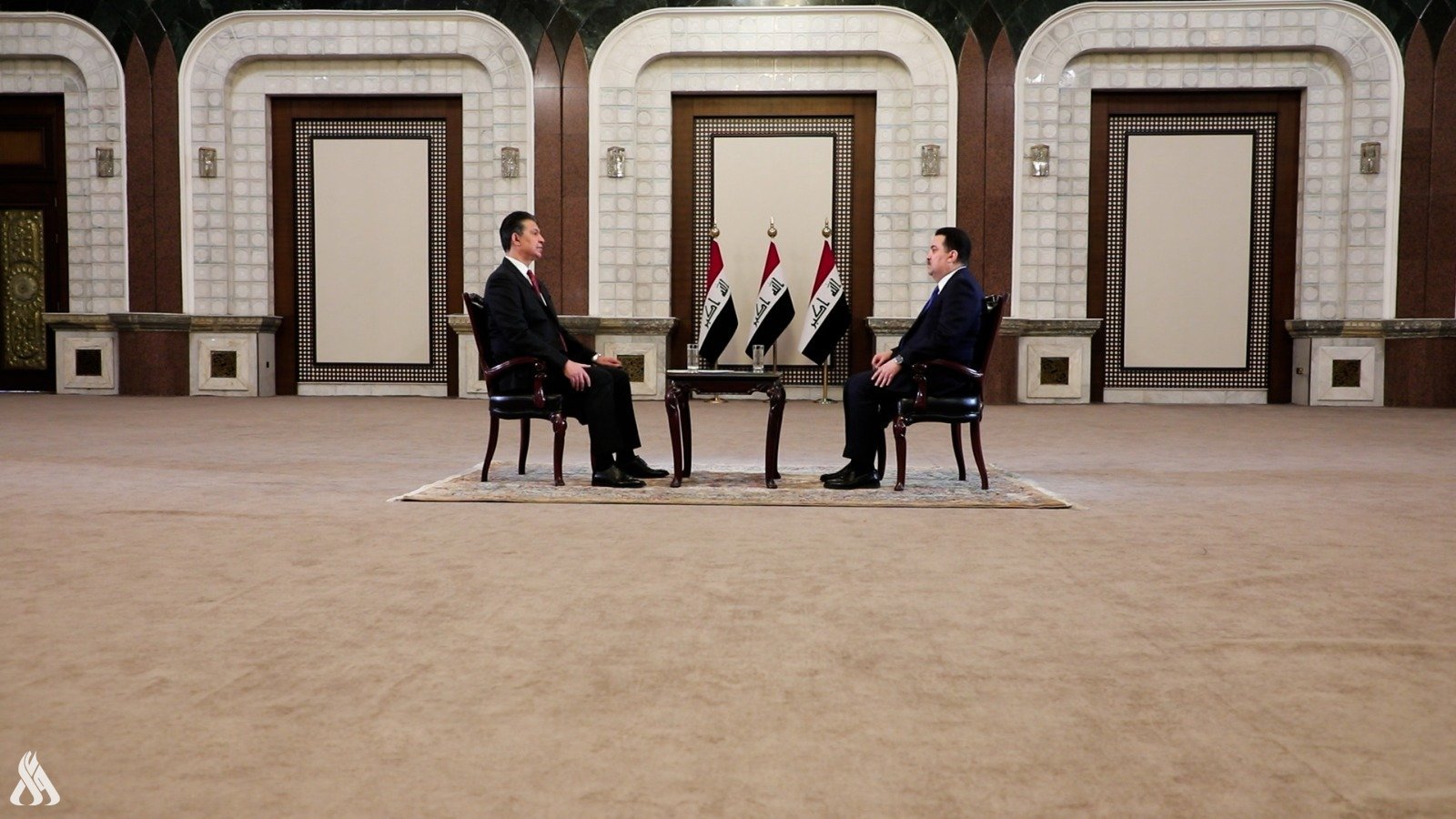
WHO: Vaccine inequity undermining global economic recovery

- 22-07-2021, 11:50
INA-follow-up
The latest data released by World Health Organization (WHO) showed that inequality in the distribution of coronavirus vaccines among countries in the world will have a lasting and profound impact on social and economic recovery in low- and lower-middle income countries.
The data indicated in a report prepared by the “United Nations Development Program (UNDP)” in cooperation with “Oxford University”, that “if urgent measures are not taken to boost supply and ensure equitable access to all countries, including equitable sharing of doses, this could put a huge strain on fragile health systems and undermine routine immunization and essential health services and could cause alarming spikes in measles, pneumonia and diarrhea and other infectious diseases.
Fair distribution of vaccines
According to the data, accelerating the expansion of manufacturing and adequate sharing of vaccine doses with low-income countries could have added $38 billion to the 2021 GDP forecast.
The report stressed that, richer countries have paid trillions of dollars in stimulus to support flagging economies, now is the moment to ensure vaccine doses are shared quickly, all barriers to increasing vaccine manufacturing are removed and financing support is secured so vaccines are distributed equitably and a truly global economic recovery can take place.
The report said, "The higher price of a corona vaccine dose compared to other vaccines and delivery costs, and the increase in the health workforce, will double the risks related to missed opportunities to expand other immunization services, such as the safe and effective deployment of HPV vaccines."
This data, which combines the latest information on corona vaccination with social and economic data, comes in order to clarify the assertion that "accelerating the justice of vaccines is not only important to save lives, but also contributes to accelerating the recovery from the epidemic.
Urgent Actions
“In some low- and middle-income countries, less than 1 per cent of the population is vaccinated – this is contributing to a two-track recovery from the COVID-19 pandemic”, said UNDP Administrator, Achim Steiner. “It’s time for swift, collective action – this new COVID-19 Vaccine Equity Dashboard will provide Governments, policymakers and international organisations with unique insights to accelerate the global delivery of vaccines and mitigate the devastating socio-economic impacts of the pandemic.”
According to the new Dashboard, which builds on data from multiple entities including the IMF, World Bank, UNICEF and Gavi, and analysis on per capita GDP growth rates from the World Economic Outlook, richer countries are projected to vaccinate quicker and recover economically quicker from COVID-19, while poorer countries haven’t even been able to vaccinate their health workers and most at-risk population and may not achieve pre-COVID-19 levels of growth until 2024. Meanwhile, Delta and other variants are driving some countries to reinstate strict public health social measures. This is further worsening the social, economic and health impact, especially for the most vulnerable and marginalised people. Vaccine inequity threatens all countries and risks reversing hard won progress on the Sustainable Development Goals.
“Vaccine inequity is the world’s biggest obstacle to ending this pandemic and recovering from COVID-19,” said Dr Tedros Adhanom Ghebreyesus, Director-General of the World Health Organization. “Economically, epidemiologically and morally, it is in all countries' best interest to use the latest available data to make lifesaving vaccines available to all.”
Designed to empower policy makers and development partners to take urgent action to reduce vaccine inequity, the Global Dashboard breaks down the impact of accessibility against a target for countries to vaccinate their at-risk populations first to reduce mortality and protect the health system and then move on to vaccinating larger shares of the population to reduce disease burden and re-open socio-economic activity.
The Dashboard is facilitated by the Global Action Plan for Healthy Lives and Well-being for All (SDG3 GAP), which aims to improve collaboration across the multilateral system to support an equitable and resilient recovery from the pandemic and drive progress towards the health-related SDGs.
Trump: I will stop the chaos in the Middle East and the war in Ukraine
- International
- 10:07
US Central Command: We killed ISIS terrorist leader Abu Yusuf in Syria
- International
- 24/12/20
Liverpool compete with Real Madrid to sign Olympique Lyonnais star
- Security
- 24/12/19
ISC, ADX discuss Strengthening Economic Ties
- Economy
- 24/12/16
Iraq assumes presidency of Arab Investment Company’s Executive Board
- Economy
- 24/12/17












